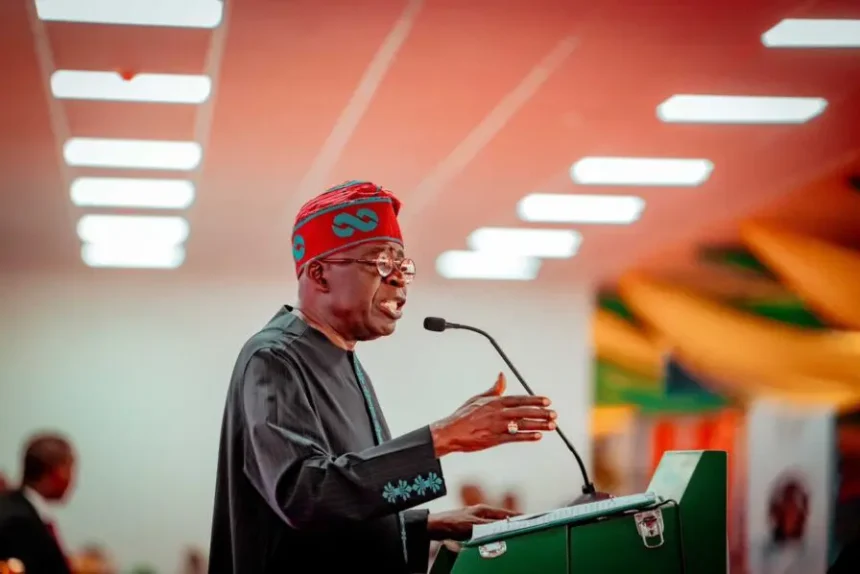President Bola Ahmed Tinubu has called on African nations to take charge of pricing their natural resources, declaring that the continent must stop being a “price taker” in global markets.
The president made the statement on Tuesday through his verified X (formerly Twitter) account as Nigeria prepares to host the Global Commodity Insights Conference on West African Refined Fuel Markets in Abuja this week.
The conference, organized by the Nigerian Midstream and Downstream Petroleum Regulatory Authority in partnership with S&P Global Insights, will bring together energy sector leaders from across Africa and internationally.
In his social media post, President Tinubu emphasized the urgent need for Africa to establish its own pricing benchmarks.
“Africa can no longer remain a price taker for its resources. It is time to establish credible, transparent benchmarks that reflect our realities and protect our economies,” he wrote.
The president stressed that Africa must develop an integrated market based on cooperation, transparency and aligned regulations. He explained this approach would ensure African countries properly refine and regulate their energy resources while getting fair value through trade.
“From refining to regulation, data transparency to trade flows, Nigeria is working with regional partners to build an integrated market that rewards our production, secures energy for our people, and deepens prosperity across borders,” Tinubu added.
Describing the upcoming conference as a strategic opportunity, the president said it would help create an Africa-led reference market for energy commodities. He framed this as essential for the continent’s economic independence and sustainable growth. “This is how we take ownership of our value. This is how we shape our energy future. We must price what we produce, trade on our terms, and secure value for our economies and future generations,” Tinubu stated.
The Abuja conference will focus on key challenges including regional fuel supply issues, improving pricing transparency, and integrating Africa’s energy markets more effectively. This aligns with Nigeria’s broader energy sector reforms and its ambition to become a continental hub for refined petroleum products and energy data.
